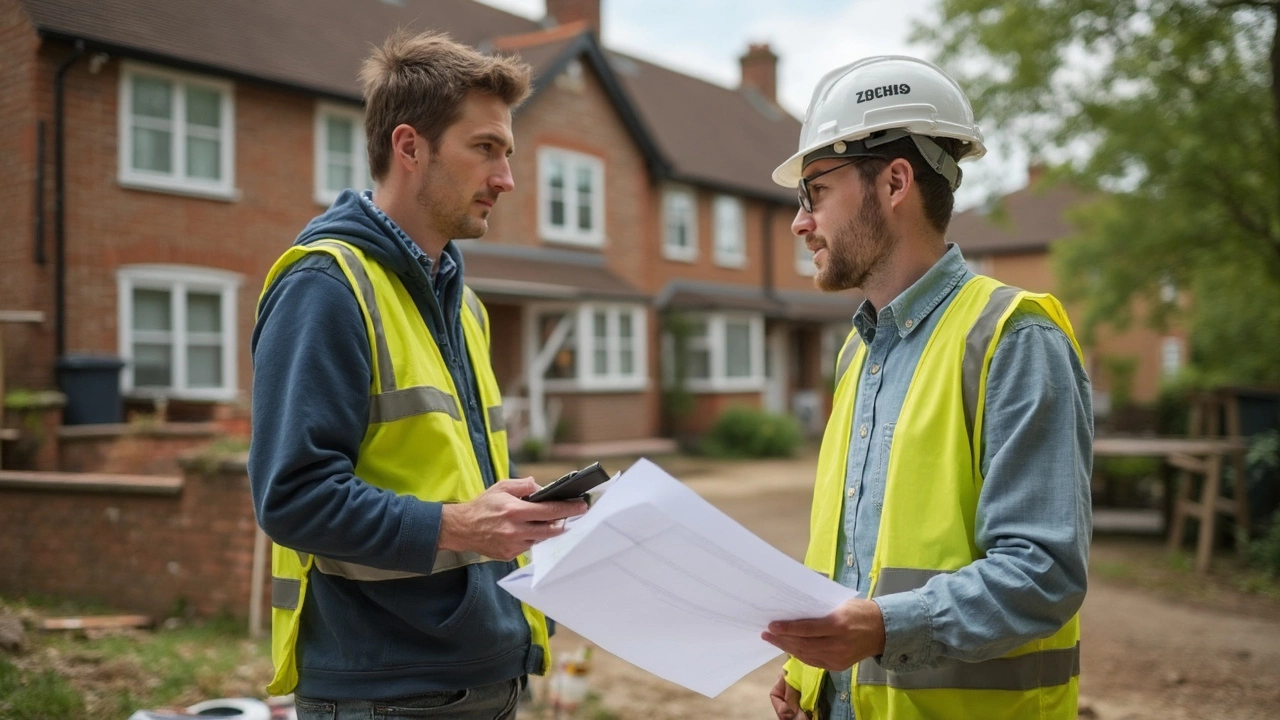Hiring Contractors: A Practical Guide for Homeowners
Finding the right contractor can feel like a gamble, but it doesn’t have to be. You’re not just chasing the lowest quote; you need someone who knows the job, shows up on time, and respects your budget. Below are the steps that turn a risky search into a confident decision.
Where to Look for Reliable Contractors
Start with sources you trust. Ask neighbours who have had work done recently – a good word-of-mouth reference cuts out a lot of guesswork. Local hardware stores often keep a list of recommended tradespeople; they hear complaints and praise daily, so they know who delivers. Online platforms are handy, but read the reviews critically – a handful of five‑star scores can hide a pattern of late arrivals or hidden fees. Once you have a short list, check each company’s website for licences, insurance, and any industry certifications such as NHBC or FITS.
Red Flags and What to Ask
When you contact a contractor, pay attention to how quickly they respond and whether they ask detailed questions about your project. A vague reply or a refusal to discuss timelines is a warning sign. Ask for at least three recent references and call them – ask specifically about quality, communication, and whether the final bill matched the estimate. Request a written quote that breaks down labour, materials, and any subcontractor costs. If they give a flat rate without explanation, push for detail; transparency at this stage saves headaches later.
Next, discuss the contract. A solid contract lists the scope of work, start and finish dates, payment schedule, and a clause for change orders. Never sign a document that leaves the payment terms open‑ended or that waives the contractor’s liability for mistakes. Make sure the agreement includes a warranty period for workmanship – most reputable builders offer at least one year.
During the build, stay involved but avoid micromanaging. Set up a weekly check‑in, either in person or via phone, to review progress and address any issues promptly. Keep a notebook of decisions, material selections, and any extra work approved on site. This paper trail helps resolve disputes if the final cost drifts from the original quote.
Finally, think about the finish. Ask the contractor how they handle post‑construction clean‑up and whether they will do a final walk‑through to punch‑list any remaining tasks. A conscientious builder will walk you through the completed work, point out maintenance tips, and hand over all manuals and warranties.
By following these steps – using trusted referrals, vetting licences, demanding clear quotes, and locking down a detailed contract – you turn hiring a contractor from a gamble into a smart, controlled process. Your home improvement project will run smoother, stay on budget, and end with a result you can be proud of.


